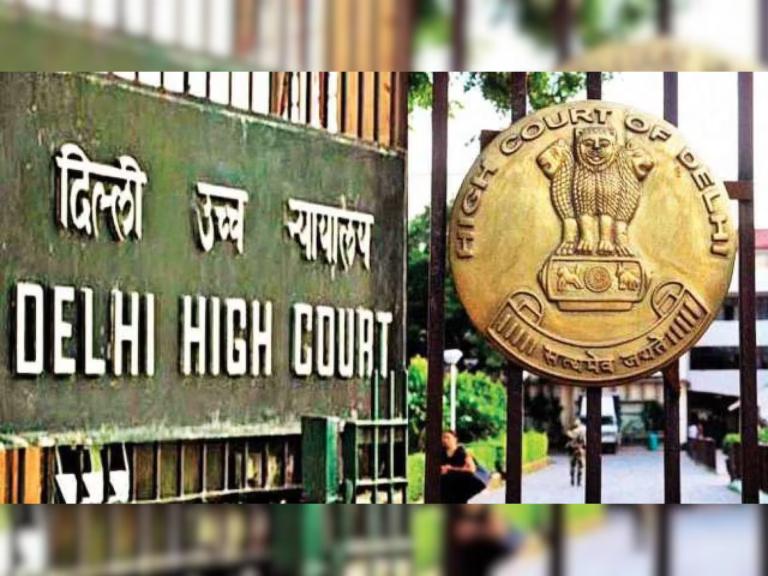The Delhi High Court has held that passport details and personal identification documents of individuals cannot be disclosed to third parties under the Right to Information (RTI) Act, 2005. Justice Sachin Datta dismissed a petition challenging the denial of such information, emphasizing the protection of personal data under Section 8(1)(j) of the RTI Act.
Case Background
The petitioner, Rakesh Kumar, sought information through an RTI application in 2016 regarding passports issued to three individuals—Anubhuti Singh, Rinki Singh, and Anubhav Singh—between 1984 and 1990. The Central Public Information Officer (CPIO) of the Regional Passport Office, Mumbai, denied the request, stating that disclosing third-party passport details would invade privacy and lacked public interest.
Read Also:- Supreme Court Rejects Jayalalithaa's Niece J Deepa's Plea for Return of Confiscated Properties in...
Kumar appealed to the First Appellate Authority and later the Chief Information Commission (CIC). While the CIC initially directed the CPIO to provide the information if Kumar submitted additional details, the Passport Office later clarified that records from 1984–1990 had been destroyed as per government policy. A subsequent “Adjunct Order” by the CIC confirmed compliance with the directive, noting no further action was needed.
Justice Datta dismissed Kumar’s petition, citing two key reasons:
Destruction of Records: The Regional Passport Office, Mumbai, stated that physical records from the 1980s were no longer available, as they had been disposed of following government guidelines. Digital records did not exist for that period.
Privacy Protections Under RTI Act: The court reaffirmed that third-party passport details qualify as “personal information” under Section 8(1)(j), which prohibits disclosure unless it serves public interest.
“Disclosures sought under the RTI Act pertaining to passports or personal IDs fall squarely under Section 8(1)(j). Such information has no relation to public activity and risks unwarranted privacy invasion,” observed Justice Datta.
The judgment referenced precedents like Union of India v. R. Jayachandran (2014) and Ministry of External Affairs v. Asmita Sachin Waman (2020), where courts consistently barred sharing third-party passport details. The court highlighted concerns about misuse, such as falsely reporting passports as lost to sabotage others’ travel rights.
Kumar contested the CPIO’s claim about destroyed records, citing a different RTI response from the Patna Passport Office. However, the court clarified that responses from one regional office do not bind another. It also noted no evidence to doubt the Mumbai office’s compliance with record-retention policies.
“The petitioner’s reliance on unrelated RTI responses holds no merit. The CPIO’s communication about record destruction stands unchallenged,” the court stated.
Case Title: RAKESH KUMAR v. CENTRAL PUBLIC INFORMATION OFFICER AND ANR.















